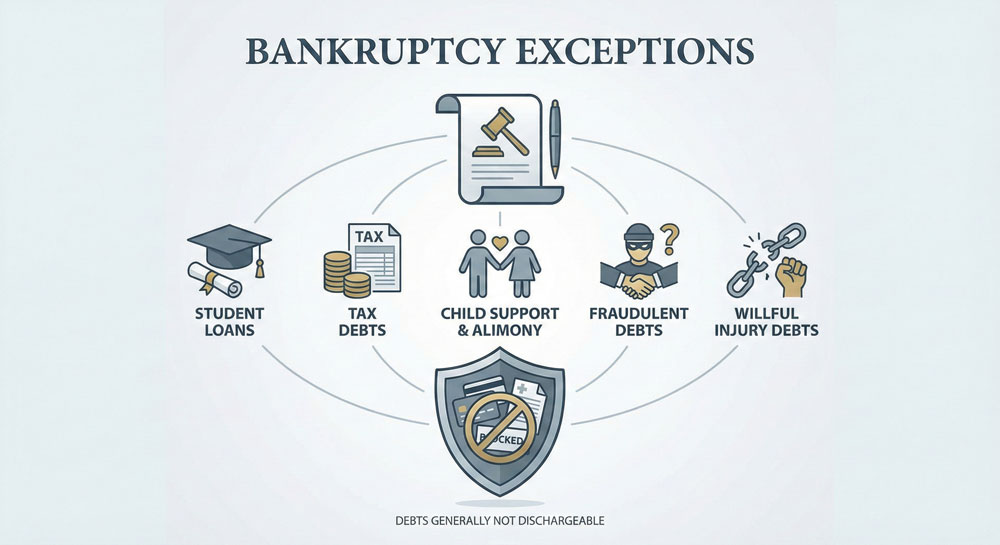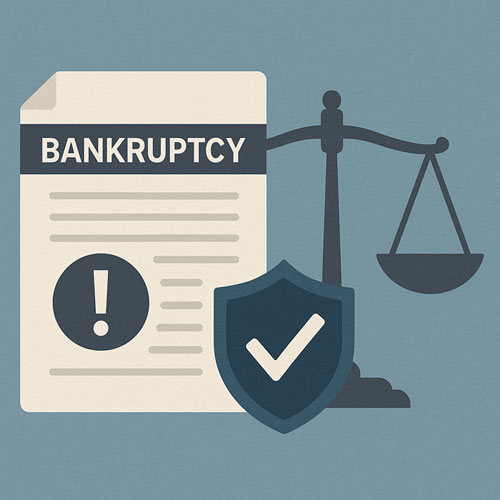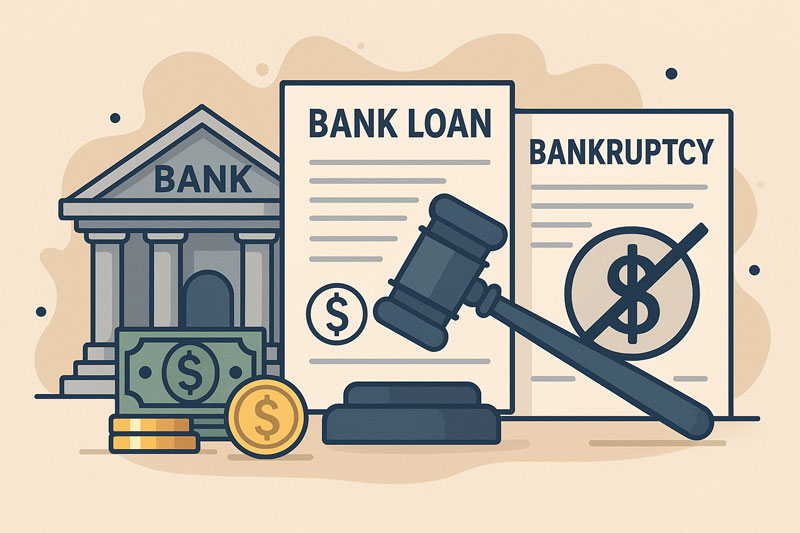How To Stop Wage Garnishment At Your New Job

Securing a new job is exciting—more money, new people, ever expanding opportunities for growth and even wealth. But what happens when just a few months after getting hired your wages are being garnished? And how do you stop wage garnishment before it happens?
Respond to Creditors
One of the first things you can do to stop wage garnishments is to respond to creditor letters and legal actions. Oftentimes, creditors turn to the courts and wage garnishment because they are no longer able to get in touch with you. If you stop making payments and stop all communication, eventually the creditor will file a lawsuit and take action to garnish your wages. This is especially true if you’ve taken a job paying significantly more than what you were paid in the past.
Respond to Court Actions
Even if you failed to respond to creditor letters and calls, you absolutely must respond to court actions. If you get a notice that you’re being sued by a creditor DO NOT ignore the notice. Failure to show up in court can result in a default judgment against you. A default judgment will give the creditor the power to garnish your wages and the power to take up to 25% of your take home pay.
Keep Quiet
Once you get a new job, don’t announce it on social media or your blog. Creditors are now trolling the internet looking for any sign that you’re able to pay your debts. They may even join your social network to spy on you and get the information they need. It’s best to be quiet about your new job and ask your friends and family to be quiet too.
Negotiate
If you only owe a few bills, it may make sense to negotiate a repayment plan. Even if they’ve already taken legal action against you, some creditors are still open to negotiating a reasonable repayment plan that works for your budget. Remember, creditors just want to get paid, so any action you take to make that happen may help you avoid wage garnishment.
File Bankruptcy
If your debt problems have gotten so bad that creditors are now looking to garnish your wages, it may be time to consider bankruptcy. Even if you’re working a relatively well-paying job, you can file Chapter 13 bankruptcy and pay back all or a portion of your debts over a short period of time—3 to 5 years. Or, you can file Chapter 7 bankruptcy if you don’t have enough income and assets to repay creditors. Filing Chapter 7 bankruptcy will discharge most or all of your unsecured debts such as credit cards and medical bills. Filing bankruptcy will put an immediate end to wage garnishments and other collection activity while protecting your future wealth. That means that you can eventually keep more of the money you’re earning at your new job.
For more information, contact your Fairfield bankruptcy attorney at (707) 385-0422.
Categorized in: Wage Garnishment



